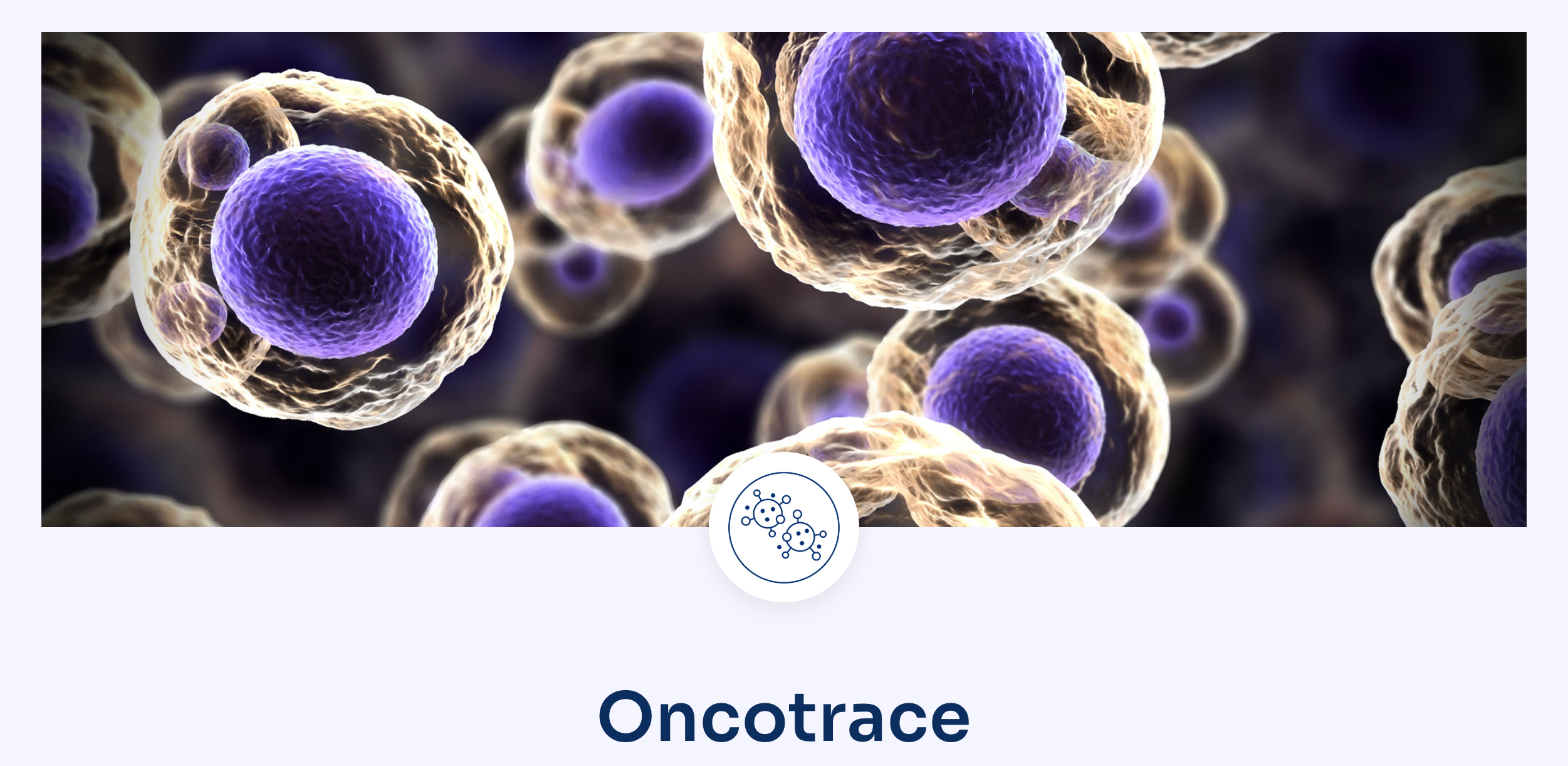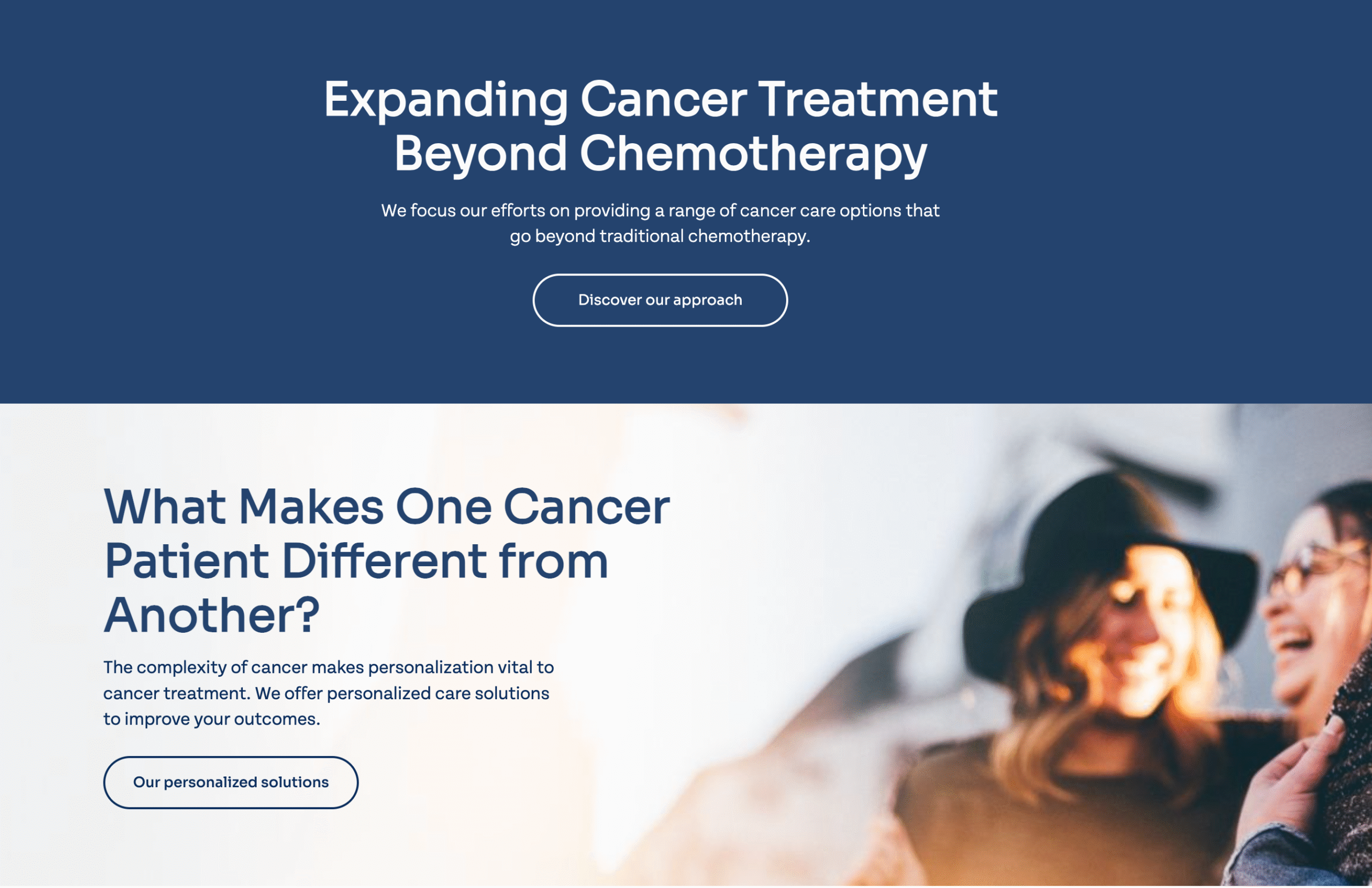
Current cancer tests are remarkably antiquated. They are mostly invasive and not individualized. All current cancer testing and treatment is impersonal and non-specific. The testing is almost 99% surgical biopsies which must be read by a pathologist and the treatment is alway either surgery, chemo, immunotherapy or radiation. Its high time there was something more advdanced, personalized, specific, systemic, and natural, that is specific for each individual based on your unique genetics and your immunological strengths and weakness. Now there is an advanced, personalized, non-surgical, non-invasive simple blood that can find and tack cancers in your blood.
Finally, thanks to Dr. Ioannis Papasotiriou, MD, PhD, CEO and medical director of RGCC SA- Research Genetic Cancer Centre SA (www.rgcc-genlab.com) in Greece, such a test and such personalized Cancer, Virus and Lyme Disease testing and therapies are now available. Dr. Papasotiriou’s specialty in molecular oncology and cancer genetics has lead him to the development of innovative methods of cancer gene and molecular targeted therapies derived from non-invasive, non-surgical “liquid Biopsies.”

Purpose of the Oncotrace test
1. Cancer Tumor Cell (CTC) count
The CTC count gives a reading of the presence of cancer cells in your bloodstream. If the number is going down, it means that your body and your therapy is effectively eliminating the Cancer Tumor Cells and should be continued until all CTCs are eliminated. If your CTC count is going up from its baseline after treatment, it means your treatment is not effective, and the treatment course needs to be changed.
In some cases, though, the CTC count may show plateauing, which means that the treatment may be working to some extent. This may indicate that you may need to add another treatment element to your plan for better results.
The CTC count helps your health care providers assess the efficacy of the established treatment protocols. And you can see a direct correlation between the CTC count and the growth or decline in cancer cells in your body.
2. Phenotype markers
The Oncotrace test also provides information about phenotype markers for your cancer cells. These are tissue markers that identify the tissue where the tumor cells originate.
As the cancer cells leave the primary tumor, they move through the body in different stages of development. The general population of cancer cells is accompanied by other unique sub-populations of those cells, which may have slightly different characteristics.
The uniqueness of the information provided by phenotype markers gives information about the cells’ tissue of origin. This means that if you have multiple primary cancer tumors in the body, this marker can throw light on that fact.
Phenotypic biomarkers are useful for:
- Diagnosis – Confirming the presence of cancer
- Staging and prognosis – Risk stratifying and predicting disease outcome
- Companion diagnostics – Predicting the cell’s level of resistance and potential response to treatments
- Monitoring disease – Evaluating therapeutic response and recurrence
3. Stemness markers
Your body makes helath promoting stem cells throughout your life, although the declinewith aging. Cancers also produce unique cancer stem cells, which provides a third type of information recorded by the Oncotrace test. This data expressed by cancer stem cell markers is called the stemness markers. The stemness markers provide information on the behavior and activity level of cancer cells in the bloodstream.
It is ideal to have these markers show up as inactive or turned “Off.” And when treatment is effective, you will see these markers change from positive to negative over time. Even when the CTC count is low, if these markers are positive, it means the cancer is still present in the body. Whe the body and your chosen therapy has successfully overcome the cancer cells, you wil be in true remission and the cancer stemness markers will be negative.

What to expect with the Oncotrace test
To perform this test, a liquid biopsy is obtained using a sample of blood drawn from a vein in your arm. The blood is sent th toe RBCC lab in Greece and analyzed to provide information about the presence of CTCs, their concentration, their specific type or immuno-phenotype, and the activity status of cancer cells in your body.
The Oncotrace test is designed as a means to establish a baseline for patients who are undergoing cancer treatment. It can also be used to monitor the status of patients who are in remission and may be worried about the disease returning. Your healthcare provider can use the Oncotrace results to assess the effectiveness of your cancer treatment and to measure the likelihood of the cancer returning.
The Oncotrace test is performed using a non-invasive blood draw that provides a form of a liquid biopsy. No surgery or tissue biopsy is needed. However, brain and CNS cancers require a Cerebrospinal fluid sample instead of blood sample. This sample is also shipped to the RGCC laboratory in Greece for analysis.
Please note that if a patient is undergoing cancer treatment, we recommend waiting at least 14 days after any chemotherapy treatment, before obtaining a specimen for this specialized test.
The Ultimate Goal
There is no one-size-fits-all approach to treating chronic disease. Every patient and their disease is different and they will respond to treatment in their own unique way. The RGCC team of multi-disciplinary doctors and scientists combine groundbreaking research with best-in-class technology, knowledge and experience to analyze your individual genetic and molecular status and to then develop targeted therapies to uniquely suited to treat you as the unique individual that you are.
Personalized therapeutic approaches have enormous potential to fulfill greater and longer lasting benefits. The RGCC dedicated team of scientists is actively working to turn this potential into reality, developing a range of autologous treatments designed to effectively combat your unique genetic and immunological weaknesses into strengths, to successfully overcome your unique disease state, including chronic Viral infections, Lyme Disease and Cancer.

